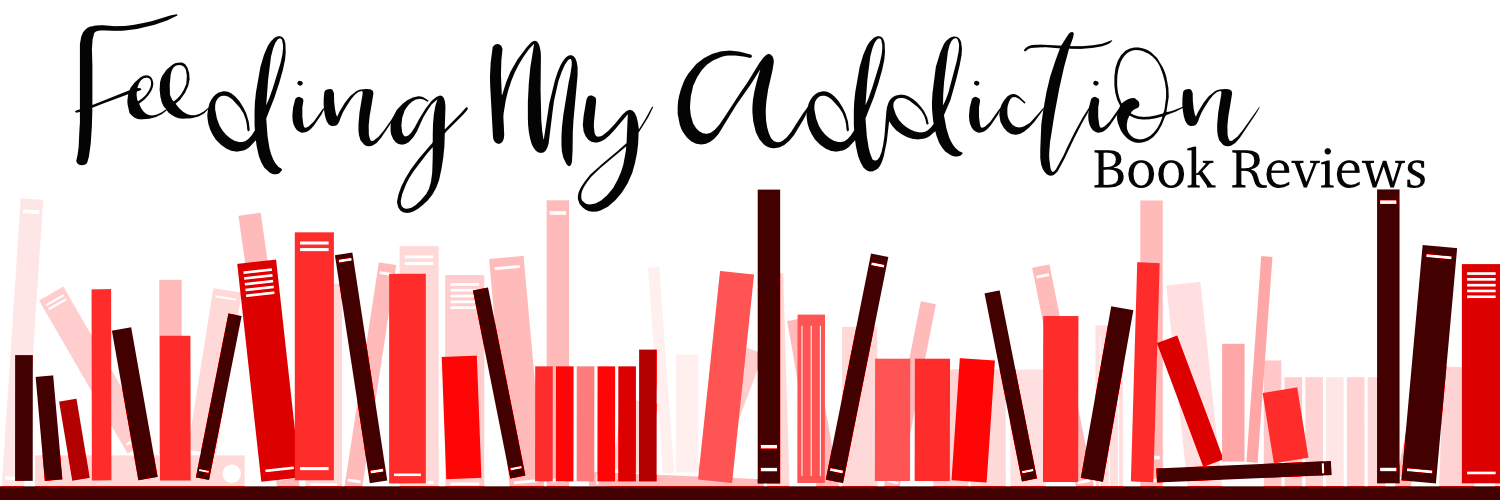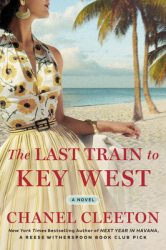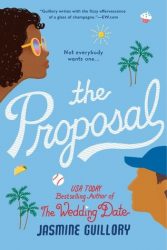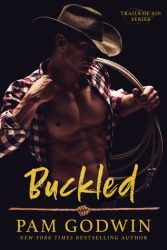 Next Year in Havana by Chanel Cleeton
Next Year in Havana by Chanel Cleeton Series: The Cuba Saga #1
Also in this series: When We Left Cuba, The Last Train to Key West, The Most Beautiful Girl in Cuba
Published by Berkley, Penguin on February 06, 2018
Pages: 400
Genres: Contemporary, Fiction, Political, Romance

Goodreads
AMZ US Apple Books
This post may contain affiliate links you can use to purchase the book. If you buy the book using that link, I may receive a small commission from the sale.
After the death of her beloved grandmother, a Cuban-American woman travels to Havana, where she discovers the roots of her identity--and unearths a family secret hidden since the revolution...
Havana, 1958. The daughter of a sugar baron, nineteen-year-old Elisa Perez is part of Cuba's high society, where she is largely sheltered from the country's growing political unrest--until she embarks on a clandestine affair with a passionate revolutionary...
Miami, 2017. Freelance writer Marisol Ferrera grew up hearing romantic stories of Cuba from her late grandmother Elisa, who was forced to flee with her family during the revolution. Elisa's last wish was for Marisol to scatter her ashes in the country of her birth.
Arriving in Havana, Marisol comes face-to-face with the contrast of Cuba's tropical, timeless beauty and its perilous political climate. When more family history comes to light and Marisol finds herself attracted to a man with secrets of his own, she'll need the lessons of her grandmother's past to help her understand the true meaning of courage.
THE BEST OF THE BEST
❝ You’re going to be difficult to walk away from, aren’t you?❞ he asks, his voice resigned.
My heart thuds. ❝ I hope so.❞
Absolutely stunning! “Next Year in Havana” was a tragic, breathtaking portrayal of love and heartache, happiness and despair, struggle and courage.
Elisa and Pablo’s story spoke to me. I felt their struggles, their pain, and their sadness. I felt their yearning, their excitement of first love and their passion. Theirs was a once in a lifetime love struggling to bloom amidst the blossoming war around them. Pablo was very passionate about reform and was a revolutionary, while Elisa was a Perez. She was from the upper class. Her greatest worries seemed to be which dress she would wear to which ball. Pablo challenged her belief that the best thing to do, amidst the tumultuous change around her, was to keep her head down and go about daily life.
❝You speak as though politics is its own separate entity,❞ he says. ❝As though it isn’t in the air around us, as though every single part of us isn’t political. How can you dismiss something that is so fundamental to the integrity of who we are as a people, as a country? How can you dismiss something that directly affects the lives of so many?❞
❝Very few can afford the luxury of being political in Cuba.❞
❝And no one can afford the luxury of not being political in Cuba,❞ he counters.
They had a forever kind of love. But the future for them would not be easy. When Batista fled and Castro took over, their world changed, leaving behind a promise to never leave, and a promise to return again.
❝At the end of the day, the only thing you have left is what you stand for. If I said nothing, if I did nothing, I could not live with myself. I would not be a man.❞
Marisol Perez was a journalist and granddaughter of Elisa. It was Elisa’s request to have Marisol scatter her ashes over her homeland, Cuba. Marisol talked her boss into letting her write a piece on Cuba as a travel destination, in exchange for a journalist visa. Her great Aunt’s got her in touch with Elisa’s good friend, Ana Rodriguez. The only thing left for Marisol to figure out was the perfect place to lay her grandmother to rest. Even though things had gotten better with Cuban-American relations, and on the surface, Cuba seemed to be making strides toward improvement, it was Luis Rodriguez who shed light on the true atrocities that had befallen the Cuban citizens. Her eyes were opened to a different Cuba, not the one she had been told about her whole life by her grandmother and aunts. Marisol was full of passion and love, with a heart for justice. She couldn’t leave Cuba without trying to help. But would Luis, the man who’d captured her heart, allow her to?
There were so many things I loved about this story – I loved the past/present telling. I was so entrenched in Elisa and Pablo’s story, that it made me root that much more for Marisol and Luis. I loved the parallel of Marisol’s life to Elisa’s; two strong women, loyal to their families, who value doing what is right, who meet and fall in love with revolutionaries. I also loved the gripping, powerful story about the Cuban people and what they endured; having their hopes, dreams, and legacies stripped from them, and so many lives senselessly ended. What they continue to endure.
❝ When families left Cuba, they didn’t know how long they would be gone,” Ana explains. “Most thought Fidel’s regime would be temporary. They weren’t able to take items out of the country, but they also weren’t comfortable leaving them in their homes for fear the government would seize them or others would steal them. So they buried them in their backyards and hid them in the walls of their homes for when they returned.❞
When an author can make me forget my surroundings and transport me to the world they’ve created, I know their story will be one I think about for some time to come. Next Year in Havana, was more than memorable. Not only a top favorite of the year, but Cleeton crafted one of my favorites of all time!
❝ Havana is like a woman who was grand once and has fallen on hard times, and yet hints of her former brilliance remain, traces of an era since passed, a photograph faded by time and circumstance, its edges crumbling to dust.❞

























What's on your mind? (Please note, comment may be held for moderation before appearing.)